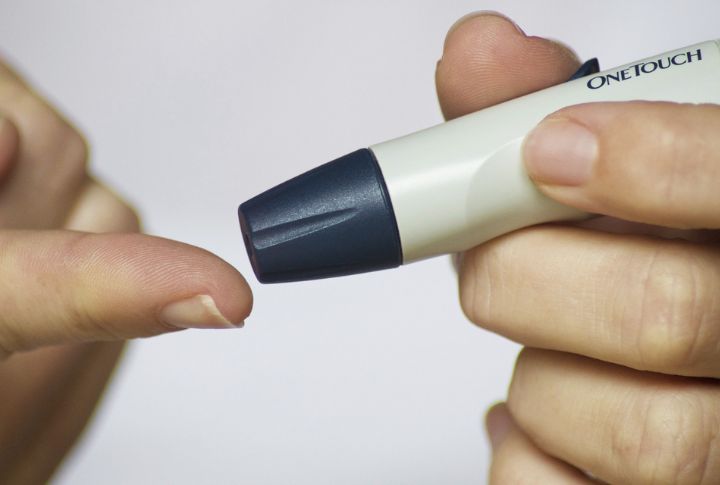
Heart health is a critical issue, particularly for women, who face several challenges that can affect their cardiovascular well-being. This article highlights fifteen habits many women might not realize are risking their heart health. Understanding and modifying these behaviors can help women lead longer and more fulfilling lives.
Taking Minor Chest Pain Lightly

Chest pain, even when minor, should never be overlooked as mere discomfort. Such symptoms could be early indicators of cardiovascular issues, and consulting a healthcare provider promptly can lead to necessary interventions and potentially life-saving measures.
Neglecting Regular Monitoring of Blood Pressure and Weight

Regular blood pressure and weight monitoring are crucial, as these metrics are key indicators of overall heart health. By performing routine checks, hypertension can be detected early, and a timely intervention can prevent severe complications.
Ignoring Your Family’s Heart Health History

Understanding your family’s cardiovascular health history is crucial for preventive health care. This awareness can inform personal health strategies and measures, significantly reducing and preventing the likelihood of similar heart issues.
Overlooking the Importance of Stress Management

Stress and mental health have significant effects on cardiovascular health. Adopting stress management techniques and focusing on mental health through practices like mindfulness can decrease heart disease risk and improve overall well-being.
Compromising Sleep Quality and Duration

Quality sleep is crucial for heart health. It directly influences stress hormone levels and reduces inflammation. Consistently getting enough restorative sleep is fundamental for maintaining optimal cardiovascular health and promoting overall well-being.
Avoiding Regular Physical Activity

Physical activity is essential for improving heart function and reducing the risk of heart disease. Regular cardiovascular activities can reduce the risk of developing heart-related problems. Try swimming, cycling, and going on daily walks.
Overlooking Early Signs of Diabetes

It is important to detect diabetes early since it often has a negative impact on cardiovascular health. Diabetes can be successfully managed through lifestyle changes and medication. It can prevent future heart complications while improving overall health.
Excessive Salt Intake

If you choose to mostly eat fresh, unprocessed foods with low salt content, you can improve your heart health significantly. It has been proven that high salt intake can increase blood pressure, a significant risk factor for heart disease.
Inadequate Consumption of Fruits and Vegetables

Since fruits and vegetables supply essential nutrients that support cardiovascular function, they are useful for heart health. Your diet should include a variety of these foods to protect yourself against heart disease. Like they say, an apple a day…
Excessive Alcohol Consumption

While moderate alcohol consumption may have some health benefits, excessive drinking significantly increases the risk of heart issues such as high BP and atrial fibrillation. It’s advisable to limit alcohol consumption in order to maintain heart health.
Smoking and Exposure to Secondhand Smoke

While moderate alcohol consumption may have some health benefits, excessive drinking significantly increases the risk of heart issues such as high BP and atrial fibrillation. It’s advisable to limit consumption in order to maintain heart health.
Frequent Use of Certain Pain Relievers

Regular use of painkillers, such as NSAIDs, can affect blood pressure levels and increase heart disease risk. To protect heart health, these medications must always be used responsibly and under medical supervision.
Ignoring Elevated Cholesterol Levels

Proper cholesterol management is essential to maintaining heart health. Regular screenings and adhering to dietary or medical advice to manage cholesterol levels effectively could help prevent serious heart conditions.
Postponing Heart Health Screenings

Postponing routine heart health screenings can lead to missed early signs of potential issues. Timely screenings are important to detect heart conditions and address them before they escalate into more severe problems.
Believing You’re Not at Risk for Heart Disease

Dismissing the risk of heart disease can lead to neglecting essential health practices. A lifestyle that prioritizes cardiovascular health begins with an understanding that heart disease can affect anyone. So, take proactive measures without fail.

Comments
Loading…